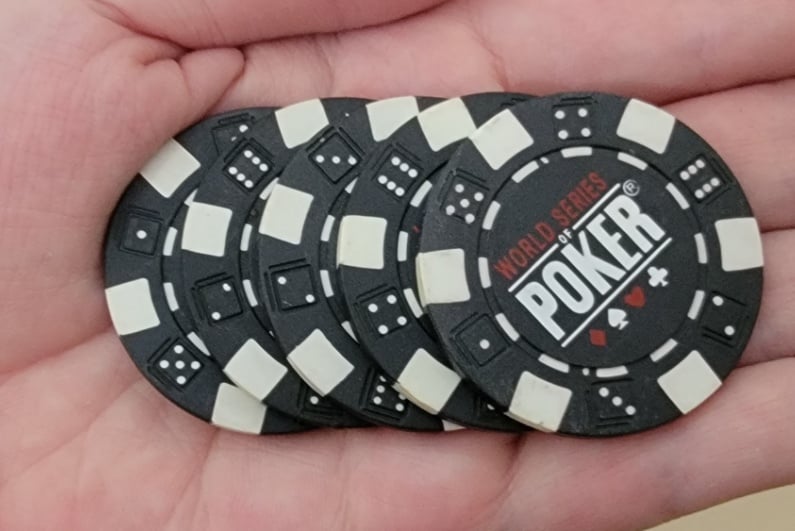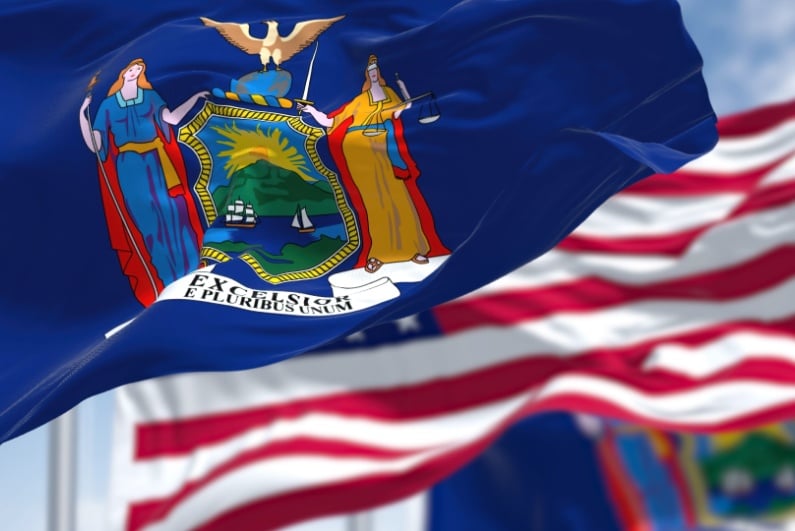30-second summary
- Finland has always had a gambling monopoly
- With the increase in problem gambling, there are calls to end the monopoly
- National betting agency is cutting 400 jobs to streamline the business
Gambling in Finland
The gambling framework in Finland has not changed much through the years. The country still has a state monopoly, but the European Union has actively been pushing for such to end. However, there are no indications that Finland is planning to do so any time soon.
Slot machines have been in the nation since the 1920s and licensing began in 1933. In 1938, a central authority known as RAY was made to oversee the regulations of slot machines.
Since then, a significant portion of slot machine revenue goes towards funding programs for problem gambling. In 1940, the national betting agency, Veikkaus Oy, was established. It has been in control of lotteries, sports betting, horseracing, and slots since 2017.
The Ministry of Education is in charge of Veikkaus Oy, which holds the exclusive betting license for sports betting and lotteries in the country.
Other province operations
In the Finnish province of Aland, Play Among Friends (PAF) controls gambling. PAF started online operations in 1998 for sports betting and casino games. There have been disputes about this over the years.
In 2002, the Act on Gaming was passed, which made Finland’s Slot Machine Association, Raha-automaattiyhdisty (RAY), the only party allowed to have an online gambling platform. However, PAF usually had more competitive offerings, which made it popular.
After a threat of legal action by RAY, the government intervened and a deal was made that allows both of the operators to operate. The law isn’t so strict that players are not able to gamble with offshore companies, but the authorities deter such gambling.
Recent struggles
The state monopoly on gambling was a success for many years, and it provided significant amounts of funding for numerous causes. Everyone seemed to benefit from the revenue the government was receiving. However, people are now examining the economic and social costs of gambling in Finland.
With online gambling, more people than ever are gambling and doing so more frequently than in the past. Therefore, the incidence of problem gambling has also been expanding and is cause for concern.
About 23% of all gambling revenue comes from problem gamblers, according to research by the National Institute of Health and Wealth. Another 33% comes from those who do not have a lot of disposable income, which also causes issues. About 80% of the adult population gambles in some shape or form, with 3.3% of them (about 124,000 people) being categorized as problem gamblers.
A significant proportion of problem gamblers are from tough backgrounds. As per European Union regulations, government monopolies are only okay when they either prevent or lower issues deriving from gambling. This is no longer the case in Finland and changes could be on the way.
The state is going to start rolling out identity authentication systems by 2023 to try to curb problem gambling. However, it is clear that the country needs more widespread changes.
Recent job losses
There are now issues with the Veikkaus gambling monopoly, which is planning to make major cutbacks to its payroll as well as getting rid of its restaurant department. Veikkaus has a presence in 162 restaurants throughout the country. As many as 400 jobs will be lost.
They currently employ 2,000 people and are in talks with 1,300 of them to see which are best fit for redundancy. The majority of the job losses will come in the country’s capital, Helsinki. With more gambling activity going online, there have been a lot of structural changes for the company in recent years.
About 45% of its revenues come through digital means. They are now planning to make major overhauls to their physical gaming locations.
Veikkaus controls about 90% of the online gambling market in the country. The government plans to evaluate its operations soon. This evaluation will look at the type of impact they have on their consumers, as well as what effects the lack of competition may have. However, there are currently no plans to follow neighboring Sweden in ending the state gambling monopoly.




